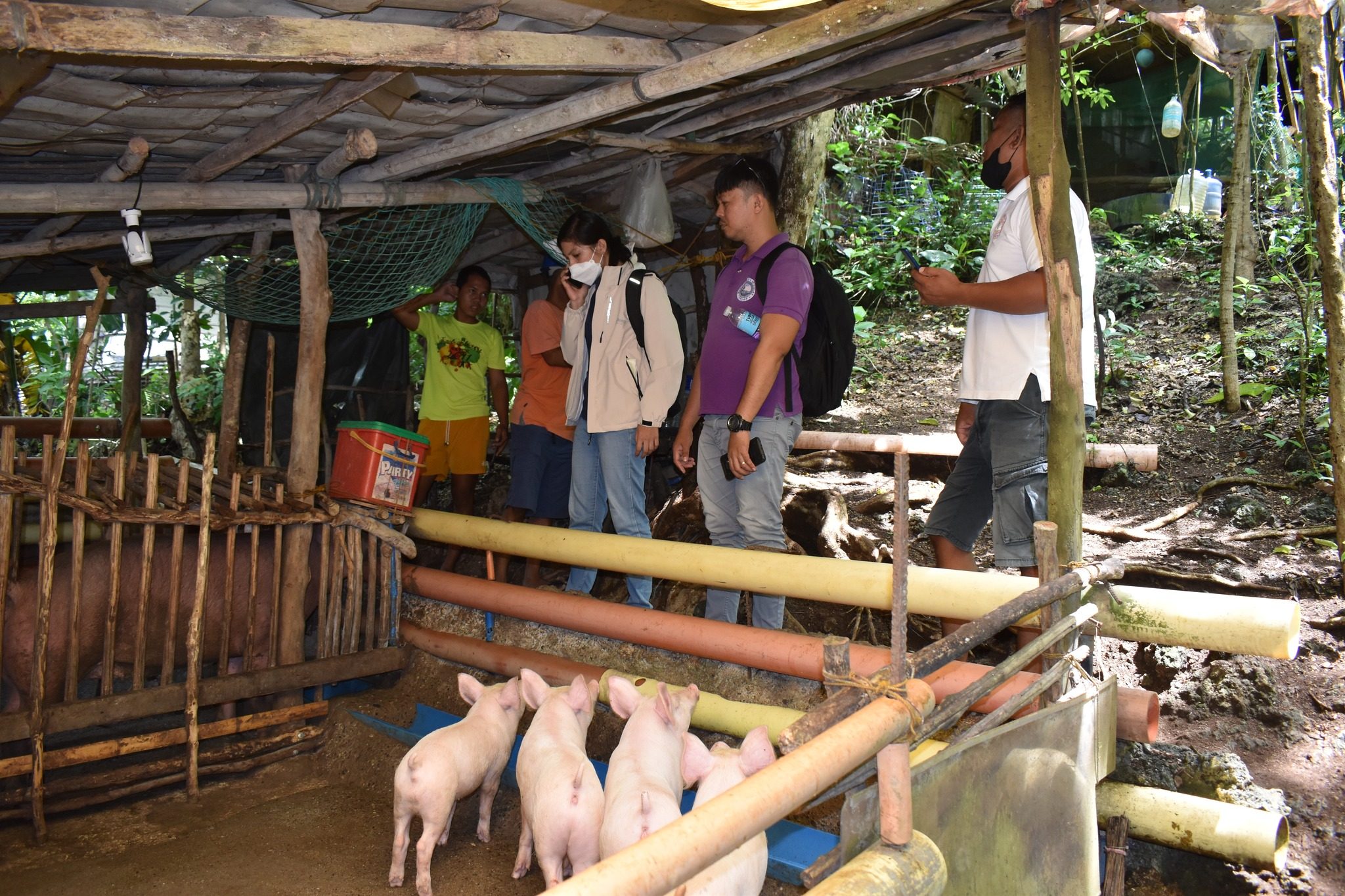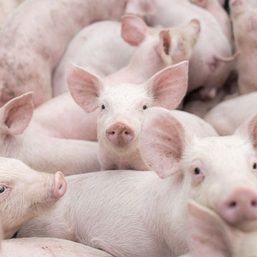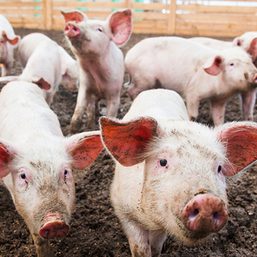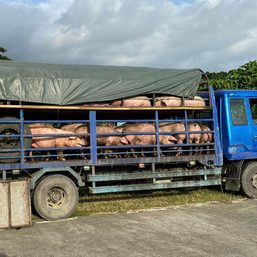SUMMARY
This is AI generated summarization, which may have errors. For context, always refer to the full article.

AKLAN, Philippines – Veterinarians in Malay town, Aklan province have reported the first case of African Swine Fever (ASF) in Barangay Caticlan, the gateway to the world famous Boracay island.
As ASF infestation in Aklan province climbed to cover nine of 17 towns, the local government and the private organization of hog raisers urged a temporary shift to poultry production. However, the move would require financial and technical aid for at least 341 affected households.
Alexys Apolonio, Provincial Agriculture Chief said their office is currently coordinating with the Department of Social Welfare and Development (DSWD)-Western Visayas and other national government agencies.
“Governor Jose Enrique Miraflores has already talked with the DSWD-Western Visayas and national government agencies for support. We are waiting for such now,” Apolonio said during the Kapihan sa Aklan Forum on Saturday June 17.
Dr. Maria Cyrosa Leen Mabel Siñel, head of the Office of the Veterinarian (OPVET) said the province has culled at least 2,290 hogs.
Breathing space
The shift to poultry production could give local governments space and time to adopt the best practices in rolling back ASF while ensuring farmers still have income.
The provincial board declared the state of calamity on May 19. It approved the use of P10 million from the calamity fund to support the campaign against ASF.
Provincial board bember Nemesio Neron, chair of the committee of agriculture, at the same forum said that P3 million will be used by the province for administrative costs in the campaign against ASF.
“The remaining P7 million will be used as financial assistance for the hog raisers affected,” he added.
The towns with ASF are Balete, Batan, New Washington, Makato, Tangalan, Numancia, Lezo, Ibajay and Malay.
“We are looking at the best practice of Balete, Aklan in combat against the ASF. They were the first one who had been infested, but they immediately prevented its spread. Other towns in Aklan have several affected barangays and are still spreading,” Sinel said.
In Balete, Sinel said, the two towns that reported ASF cases implemented 24/7 lockdowns for entry and exit of hogs.
“Other barangays in Aklan failed to secure their areas at night time; the in and out of hogs at night has been reported contributing to the outbreak,” the provincial veterinarian pointed out.
Funding needs
Jun Agravante, head of the Aklan Hog Raisers Association, said they are encouraging hog raisers to shift to poultry raising while the province struggles to end the ASF outbreak.
Agravante said farmers can choose two types of poultry. One is ready-to-lay (RTL) hens, those that are mature enough – from 16 weeks to 20 weeks old – to lay eggs, with peak production in the first two years.
In April 2023, the price of one RTL hen was at P375. But chickens are only one part of the cost of production.
In Dumaguete City, the government this year gave four rebel surrenders chicken egg-laying projects worth P30,000 each – including 24 heads of RTL chicken, chicken feeds, and a mechanized egg-laying machine.
That means 341 affected households will need a total capital of P10.23 million – and the province expects the number to rise.
There is also the option of conventional raising of poultry for meat, a cycle that on the average involves eight weeks. Various sources in the private poultry contract growing industry cite initial capital requirement of P70,000 to P100,000.
Providing financial aid for the shift is crucial, Agravante said, because culling cuts deep into farmers’ income. – Rappler.com
Add a comment
How does this make you feel?









There are no comments yet. Add your comment to start the conversation.